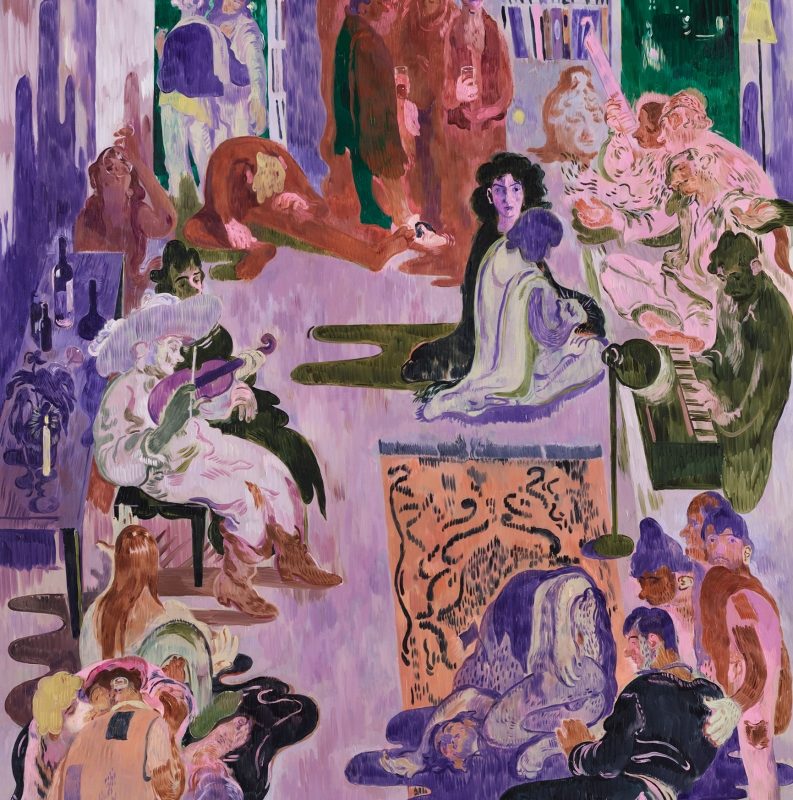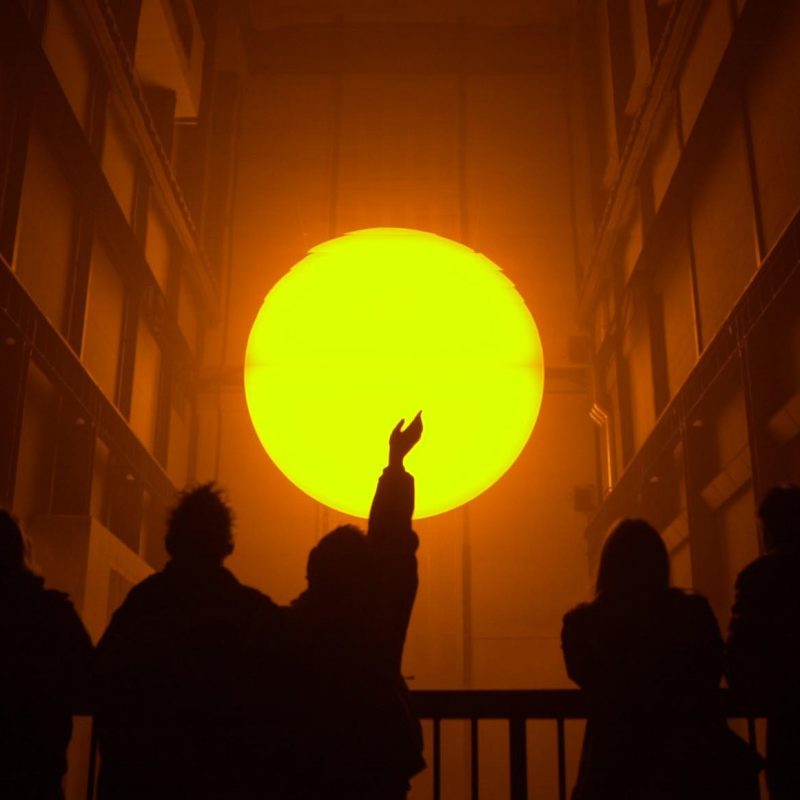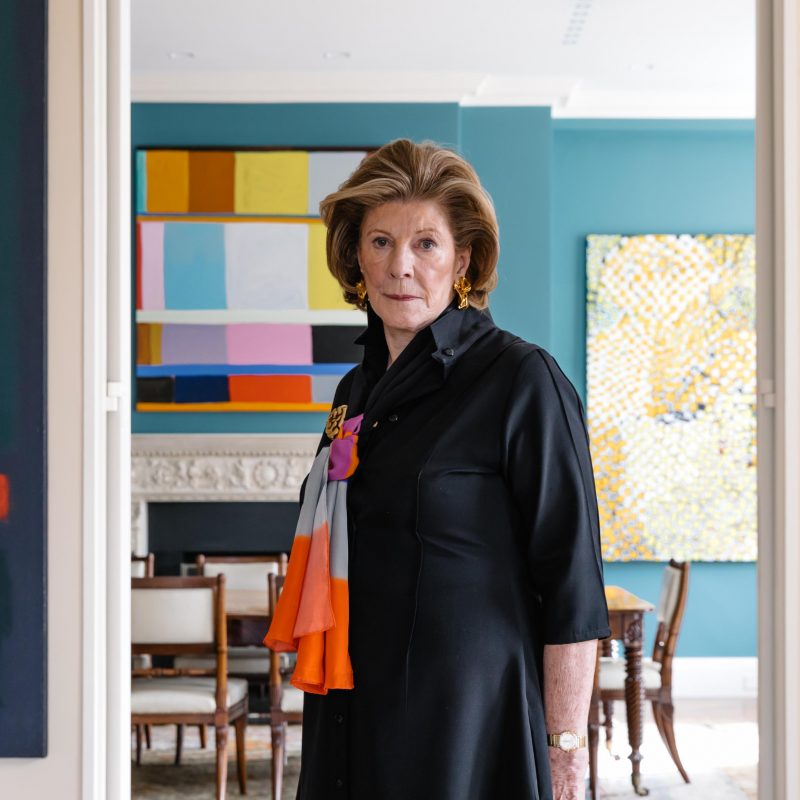Metis takes a look at five artists whose works explore issues of gender and identity in West and South Asia. Moving from Iraq to India, these artists blend history, myth and politics in contemporary styles that pay homage to rich visual traditions.
Hayv Kaharaman
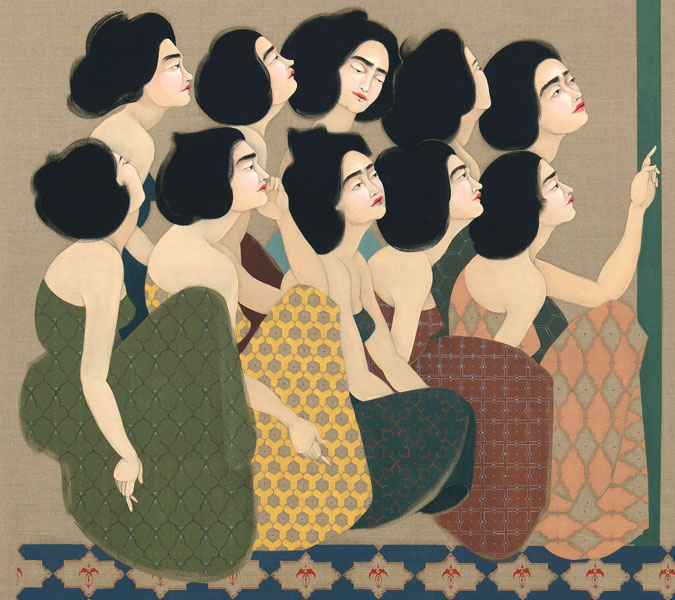
Detail from Kachakchi, Hayv Kahraman, 2015, oil on linen, 275 x 200 cm. Image courtesy of the artist.
Born in Iraq in 1981, Hayv Karahman fled to Sweden with her family in the aftermath of the Persian Gulf War. Working primarily with paint, her sharp-eyed, evocative style is immediately recognisable. The focus of her works is the female body, particularly in the contexts of refugee issues, diaspora, gender liberation and beauty standards.
Shahzia Sikandar
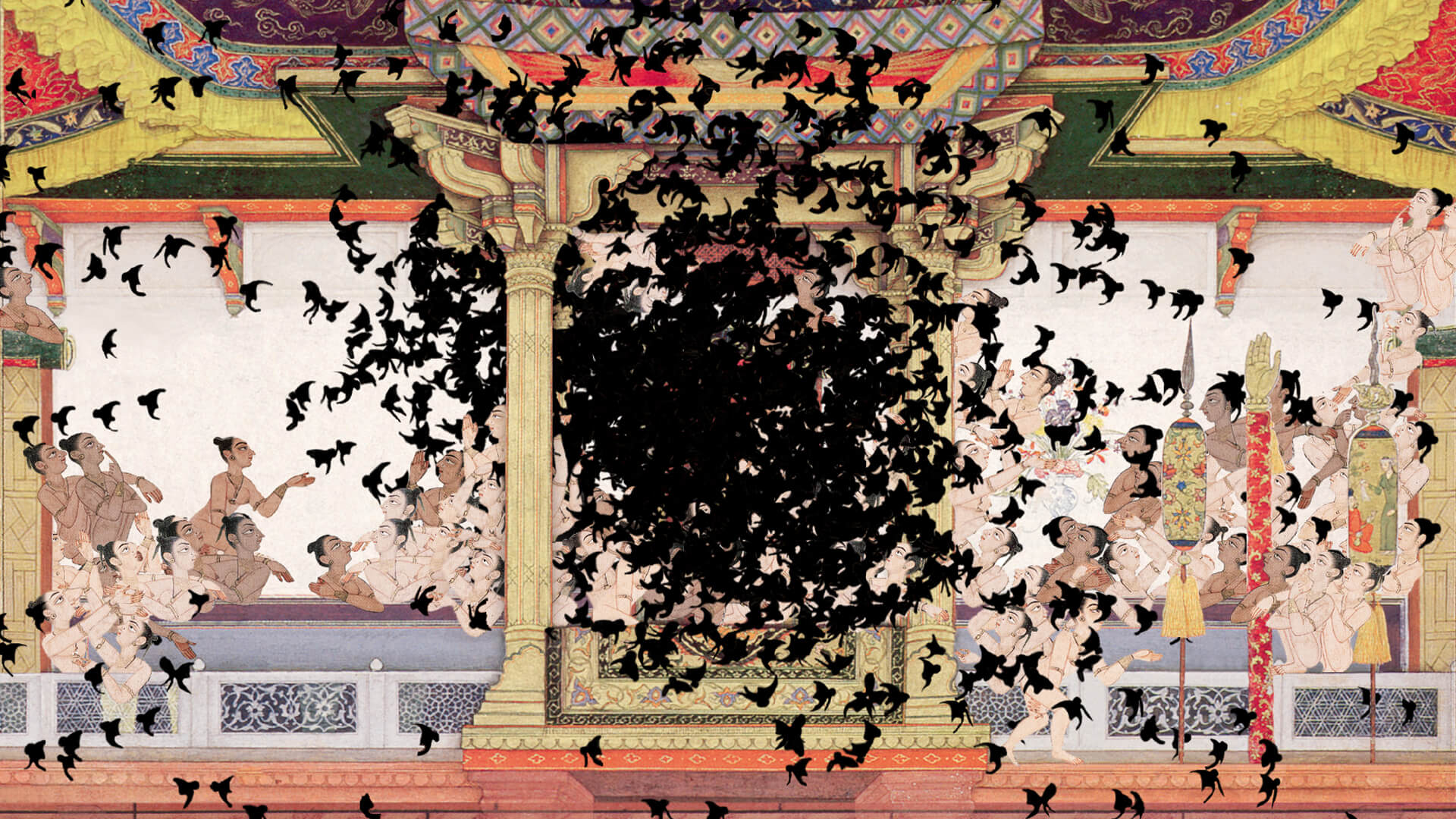
Still from SpiNN (1), Shahzia Sikandar, 2003. Image courtesy of the artist.
Mythology and history form a lush blend in the works of Pakistani artist Shahzia Sikandar. Influenced by miniature paintings, her intricate works sieve through ideas of colonial legacy and orientalism to centre archetypes of historical feminist resistance.
Newsha Tavakolian
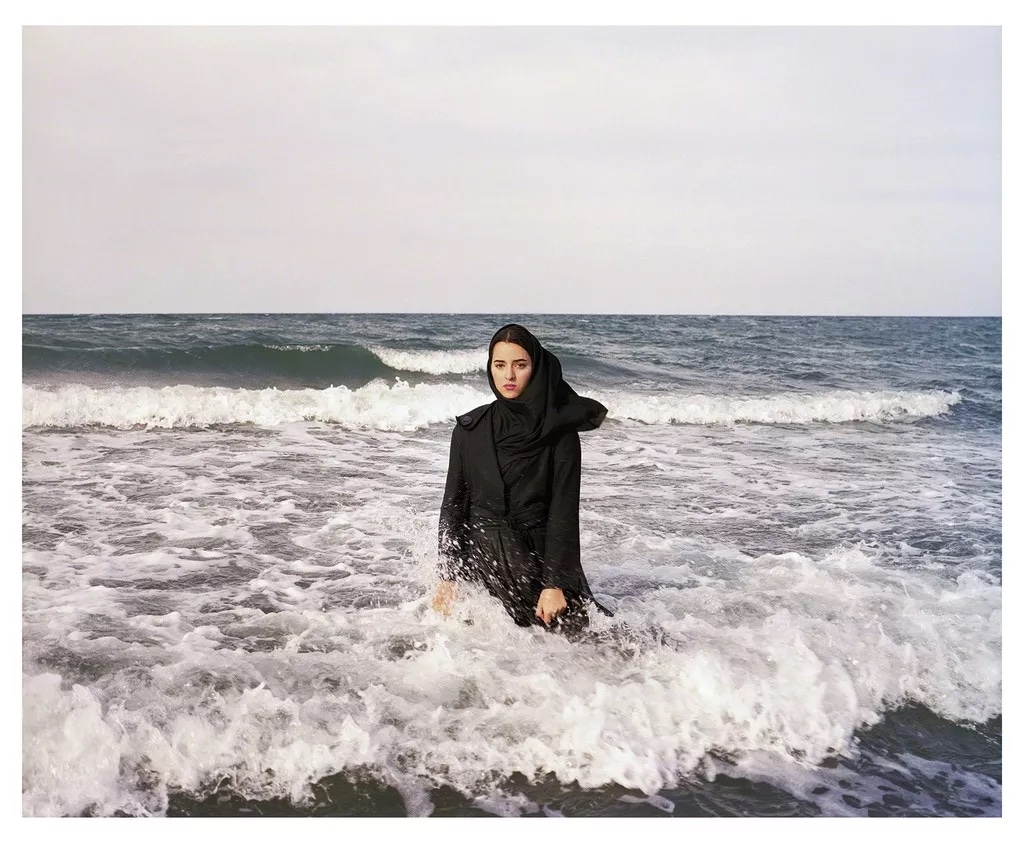
Untitled from Listen, Newsha Tavakolian, 2010-11, archival pigment print, flush-mounted, 105 x 130 cm. Image courtesy of the artist.
Self-taught photographer Newsha Tavakolian (b. Iran) began her career as a photojournalist, shooting guerilla fighters in Syria and Iraqi Kurdistan. Tavakolian’s intimate works often combat the West’s stereotypes of Iran through a personal, unwavering gaze.
Bharti Kher
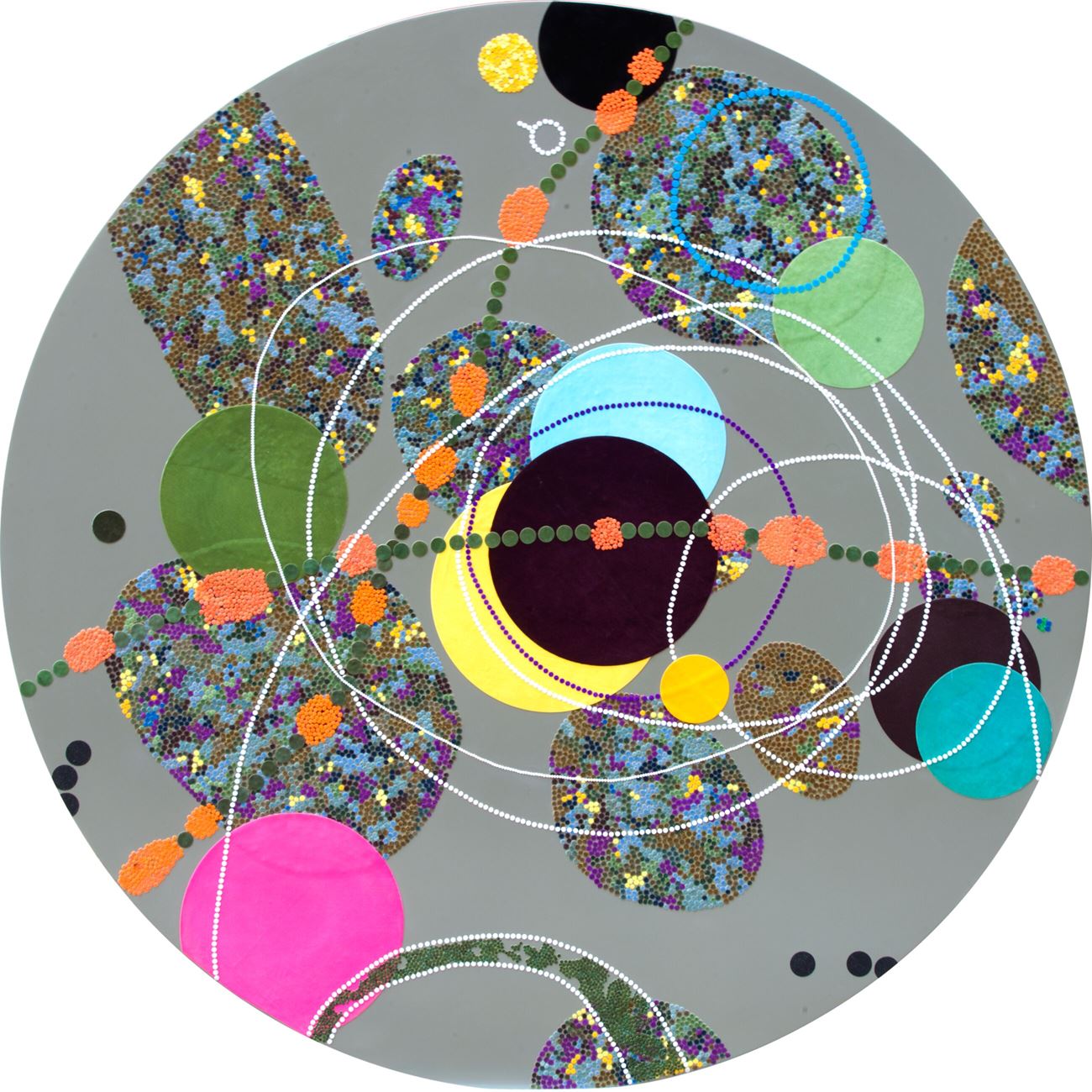
Algorithm for time travel, Bharti Kher, 2018, bindis on painted board, diameter: 157.48 cm. Image courtesy the artist and Hauser & Wirth.
Considered one of the most important and influential artists in India today, Bharti Kher slips between traditional forms, found objects, Hindu cosmologies and cultural misinterpretation. Kher has been adorning her pieces with bindis, worn by many women throughout India, since 1995. This ubiquitous cultural touchstone takes on a new life in her work, transfigured across myriad dazzling forms and narratives.
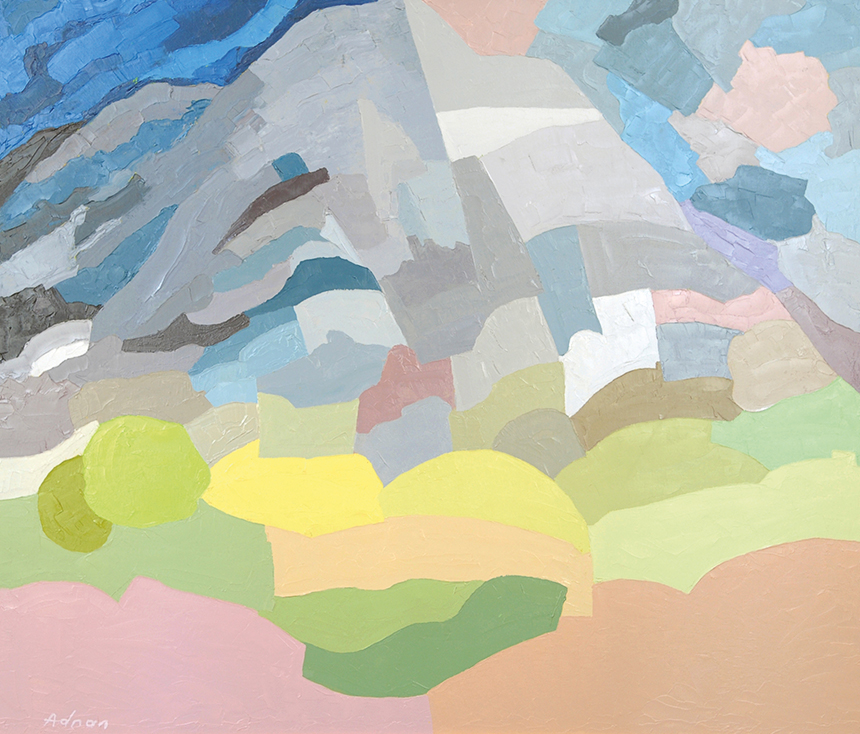
Mount Tamalpais, Etel Adnan, 1985, oil on canvas, 130 x 150 cm. Image courtesy the artist and Sursock Museum Collection, Berlin.
The late Etel Adnan was born in Beirut to a Greek mother and Turkish father. Her minimalist, elegant works are love letters to her life’s multiplicities, crossing continents and decades. Adnan has spoken about the shifting topography of feminine identity in the Middle East, particularly at the nexus of Islam and French culture.






